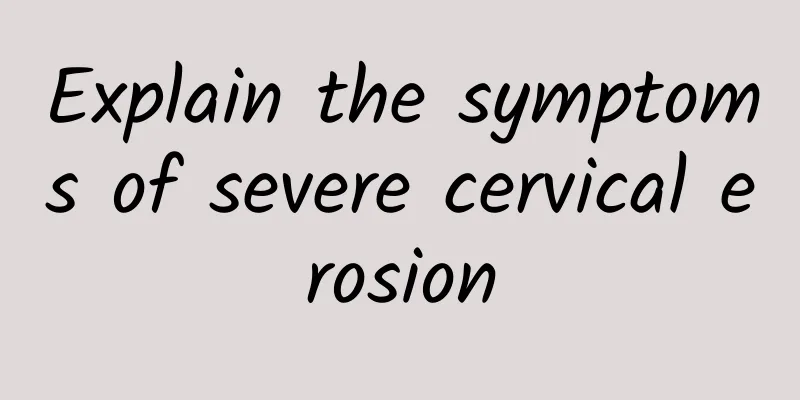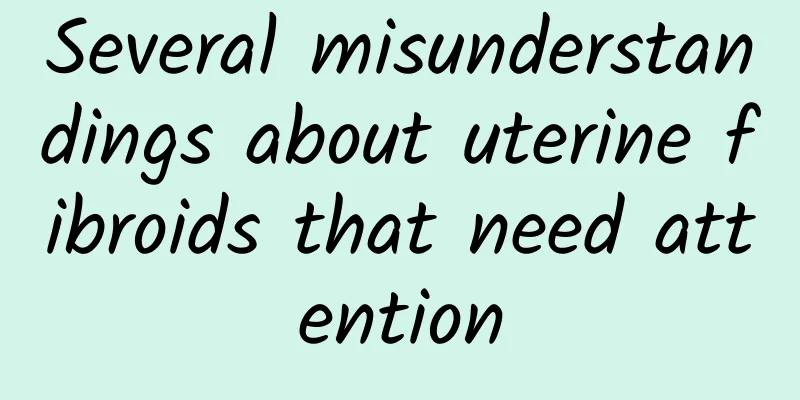How to treat anovulatory amenorrhea

|
Treatment of anovulatory amenorrhea requires medication, lifestyle adjustments, or surgical treatment depending on the cause. Common causes include polycystic ovary syndrome, thyroid dysfunction, or excessive mental stress. Treatments include oral contraceptives, ovulation-inducing drugs, thyroid hormone replacement therapy, as well as psychological counseling and diet and exercise intervention. 1. Drug treatment is the main method, and appropriate drugs should be selected according to different causes. Patients with PCOS can take oral contraceptives to regulate hormone levels, such as Diane-35 or Yasmin; ovulation-inducing drugs such as clomiphene or letrozole can help restore ovulation; patients with abnormal thyroid function need to supplement thyroid hormones, such as levothyroxine sodium tablets. 2. Lifestyle adjustment plays an important role in improving anovulatory amenorrhea. Maintain a regular work and rest schedule and avoid staying up late; increase your diet to include foods rich in B vitamins and iron, such as whole grains, green leafy vegetables, and lean meat; moderate exercise, such as yoga, jogging, or swimming, can help regulate your endocrine system. 3. Psychological counseling is particularly important for amenorrhea caused by mental stress. Relieve anxiety through psychological counseling, meditation or relaxation training. If necessary, short-term use of anti-anxiety drugs such as alprazolam or paroxetine can be used. 4. Surgical treatment is suitable for patients with organic lesions. For example, endometrial polyps or ovarian cysts can be removed through hysteroscopy or laparoscopy; patients with severe polycystic ovary syndrome can consider ovarian drilling. The treatment of anovulatory amenorrhea should be combined with the cause and individual situation. Drug therapy, lifestyle adjustment and psychological counseling are the main means, and surgical treatment can be considered when necessary. Patients should have regular checkups, monitor hormone levels and ovulation, and adjust treatment plans in a timely manner to restore normal menstrual cycles and reproductive function. |
<<: What kind of tea is good for cervical hypertrophy and cervicitis
>>: What supplements are good for functional uterine bleeding?
Recommend
Experts please tell us about the complications of abortion
There are many things that patients who have unde...
How long does it take for cervicitis to be cured by using erosive suppositories?
How long does it take for cervicitis to be cured ...
Does a low-fat diet help you lose weight? Carbohydrates are key
Fat is also a major nutrient that the body needs,...
What are the causes of irregular menstruation in girls? These 5 causes can cause irregular menstruation in girls
What is the reason for irregular menstruation in ...
What to do for irregular menstruation
Irregular menstruation usually requires gynecolog...
Irregular menstruation caused by endometritis
Endometritis may cause irregular menstruation. It...
Effective folk remedies for treating habitual miscarriage
Effective folk remedies for treating habitual mis...
How to avoid pelvic peritonitis
How to avoid pelvic peritonitis? There are many f...
White blood cell count after bacterial vaginosis is cured
Women who do not understand what bacterial vagino...
Endometriosis Treatment
Everyone may have heard of endometriosis. In fact...
What are the typical symptoms of ectopic pregnancy?
As a relatively serious gynecological disease, ec...
How to avoid pelvic effusion
How to avoid pelvic effusion 1. Clean intercourse...
What to do for hysterectomy and how much does it cost to do hysterectomy?
Uterine fibroids are a common gynecological disea...
You don't have to use soy sauce to enhance the flavor. Lemon juice can enhance the freshness.
[Key Points]: If you want to enhance the taste of...
How many millimeters of pelvic fluid is normal?
Pelvic effusion causes dysfunction of internal or...









